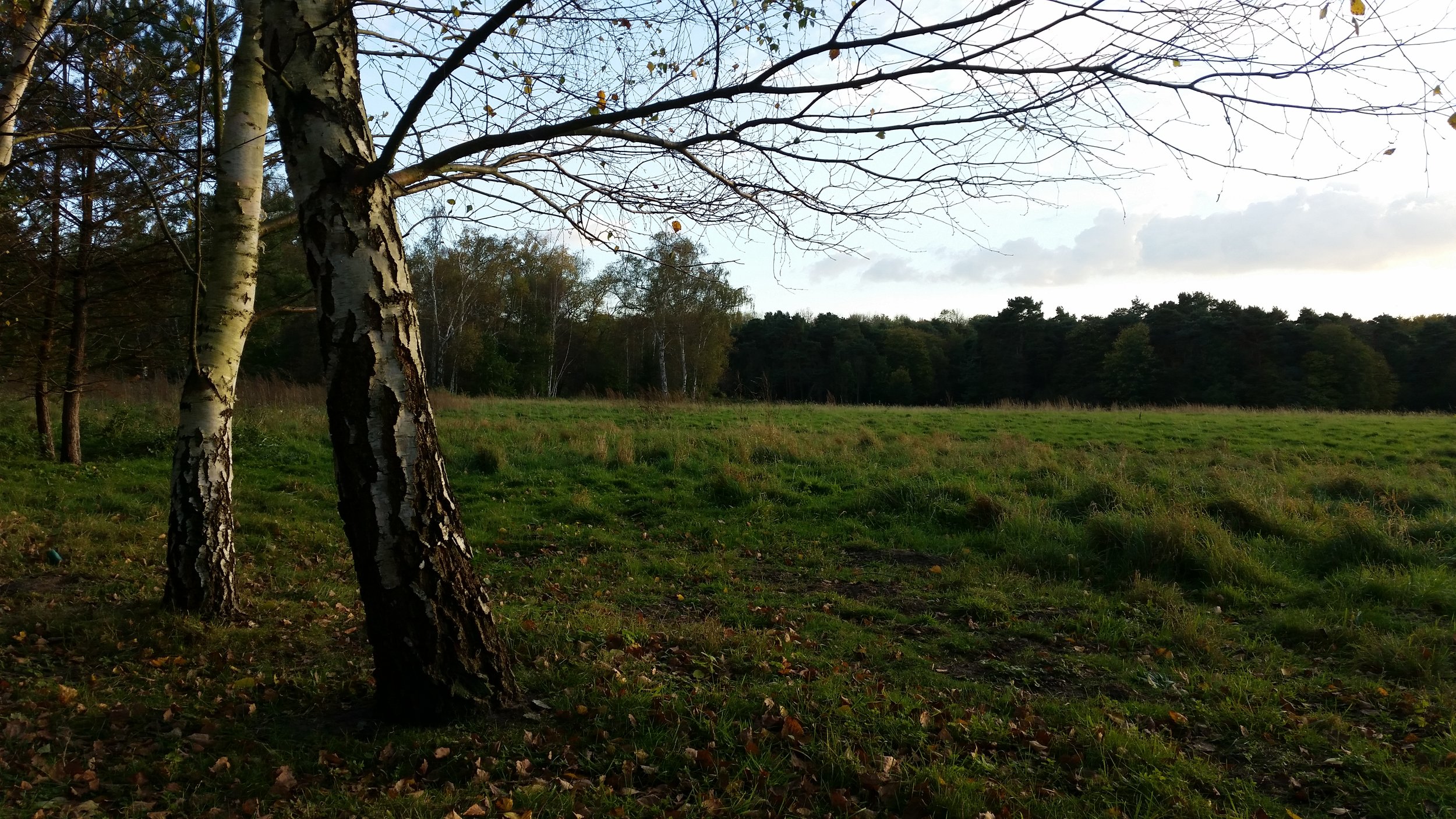Convening the Digital Native
/PHoto credit: craig neal
I've really been interested in a book that came out last year - around the same time as The Art of Convening - called Alone Together: Why We Expect More From Technology and Less From Each Other by MIT Professor Sherry Turkle. The main point of the book, as told by Turkle in her TED talk in March 2011, is that a generation of "digital natives" have grown up in a world where electronic contact is perceived as natural. Unfortunately, if often substitutes for genuine human connection - while at the same time, engendering a yearning for the kind of real connection that is often missing in these managed digital environments.
Turkle also spoke this year, on March 1st, 2012, at TED. That talk, titled "Places We Don't Want to Go,"
has not yet been published, but in the blog post that describes it, Turkle is quoted thusly:
"A teenager says to her, “Someday, someday, but certainly not now, I’d like to learn how to have a conversation.” There is a feeling that conversations are difficult because we don’t have the ability to edit as we talk, and so can’t present the exact face that we’d like to. ”Human relationships are rich, and they’re messy and they’re demanding. And we clean them up with technology. We sacrifice conversation for mere connection."
Read that quote again. Now read it again.
It occurred to me, reading that paragraph, that the real value of the Art of Convening has not yet been manifested. The ability to have a "real" conversation may be slowly lost as a skill as our culture becomes more and more dependent on a "performance of connection" rather than genuine connection.
Like Turkle, I'm not suggesting that digital devices and methods are not useful or that we should junk them, but the ability to connect, for real, is no small thing - and many of us will require help to engage outside of the digital performance arena. Our ability to "see" each other - not the managed performance of each other - requires a strategy that The Art of Convening can provide. I think of it now as a technology of conversation that is an essential element in the momentum of the increasing digitalization of our lives.
The Art of Convening provides a simple formula and practices that a convener uses to provide a safe "container" for us to venture into the vulnerable place of trust, recognition and yes, messiness, where genuine conversation resides. This skill is more and more absent from our everyday lives - and critically absent from the lives of our children, grandchildren and young colleagues.
I've said from the beginning of the process of writing it that I'd love to see The Art of Convening book on the bookshelf in every conference room and every dining room as a guide for those of us yearning to communicate in a meaningful, human way. I continue to learn from it myself, every day, and still have a lot to learn.
I'm grateful to Sherry Turkle for doing the kind of work that examines our humanity as it may be outweighed by a digital environment that create a ubiquitous shell around us. Turkle recommends putting technology in its place. My response, or bias if you will, is to recommend "The Art of Convening" as a means (one of perhaps many) to regain that balance.
Please add your own comments. I'd love to hear about your experience with "digital natives," conversation and connection strategies.
Cynthia (Cindy) Wold is a co-author of The Art of Convening: Authentic Engagement in Meetings, Gatherings and Conversations.













